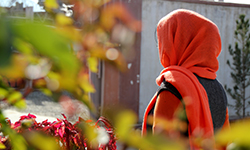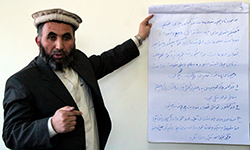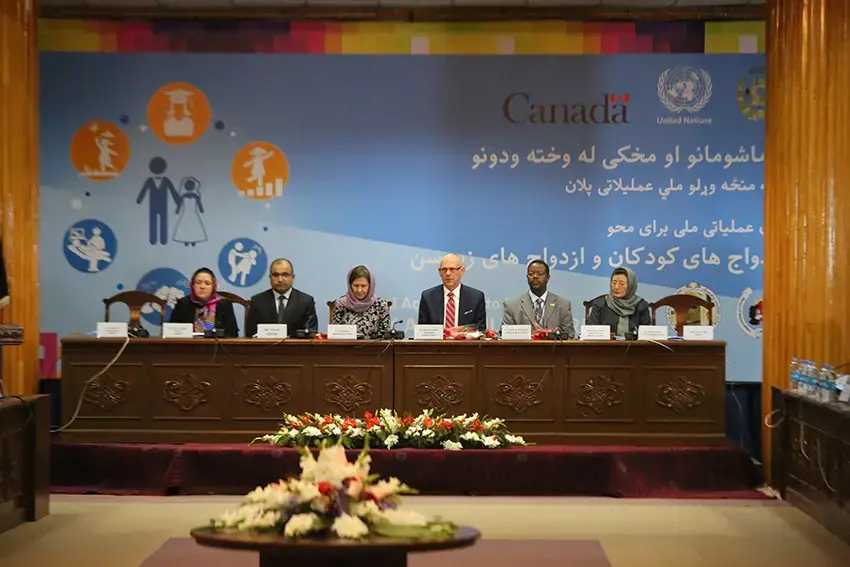OverviewGender-based violence is a pervasive problem in Afghanistan. It stems from the complex inequalities and cultural practices which, when aligned with poverty and lack of awareness, subordinate women to men and prevent them from acting on or receiving support. Studies suggest that 87 percent of Afghan women experience at least one form of physical, sexual or psychological violence, and 62 percent experience multiple forms. These figures reflect the immense challenges faced by women, and the dire need for change at every level: from policy to service provision to community understanding. New approaches Religious leaders and communities must be sensitized to the substantial body of evidence showing Islam's stringent disapproval of gender-based violence. Health care staff must be aware of referral mechanisms and trained to provide the specialized psychosocial care survivors need. And the police, as the first point of contact for reporting gender-based violence, must be sensitized to their duty to survivors, and to the need to act on complaints ethically, proactively, and with kindness. UNFPA achievements:- Over 2,500 police recruits have been trained using a manual provided by UNFPA which briefs police officers on eliminating violence against women. - In 17 of Afghanistan's 34 provinces, UNFPA has supported theestablishment of prevention and response services to support survivors of gender-based violence. - Training on collecting data for prevention and response was provided to police and over 300 health staff, using a manual developed by UNFPA - UNFPA trained 875 judges and prosecutors from 17 provinces, as well as 850 health staff in six provinces, on responding to gender-based violence. - Through six Family Protection Centres located in health care facilities in Kabul, Nangarhar, Heral, Balkh, Bamiyan and Baghlan, around 1,430 women and girls had the opportunity to discreetly report violence, receive care and be referred to further services just one year after their establishment. - As chair of the Gender-Based Violence Sub-cluster, UNFPA leads the joint international effort to improve the coordination and implementation of activities to prevent gender-based violence and address its effects in Afghanistan. - Public education campaigns have been developed with accessible and compelling animations to spread awareness even amongst a largely uneducated population on the risks of early marriage. |
Read more:Engaging police and legal actors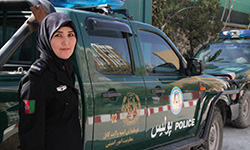
Involving the health sector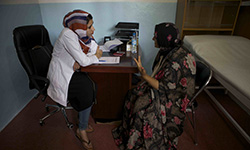
Preventing child marriage |


